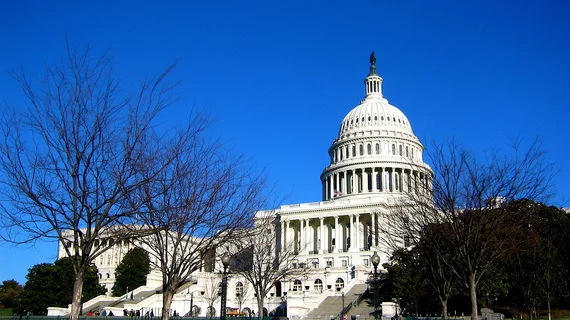House permanently repeals 2.3% medical device tax
The U.S. House of Representatives voted to repeal the 2.3 percent medical device tax that was implemented as part of the Affordable Care Act. The House voted 283 to 132, with 57 Democrats joining Republicans.
Repeal would officially kill the tax, which went into effect in 2013 before being suspended in 2016. It had previously been delayed twice and was not set to take effect until 2020.
Permanent repeal, according to its supporters, will provide certainty to medical device manufacturers, distributors and consumers.
Rep. Erik Paulsen, R-Minnesota, who sponsored the bill, championed the repeal as a way of boosting the economy, though it will reduce federal revenue by approximately $22 billion over the next 10 years.
“This bill reverses a harmful tax that is hurting job growth and innovation across the country,” Paulsen said.
AdvaMed, a medical device trade group, supported the House action.
“We commend Rep. Erik Paulsen (R- Minn.) and a number of leaders from both sides of the aisle for their commitment to permanently repealing this onerous tax and for working to ensure our member companies have the long-term certainty they need to invest in R&D, hiring and other capital improvements to create the next-generation of treatments and cures.”
Opponents of repeal questioned the motives of its supporters, drawing connections to continued efforts to repeal or diminish the ACA.
“Repealing the medical device tax without a fiscal offset only intensifies the Republican sabotage of the ACA,” said Rep. Betty McCollum, D-Minnesota, who voted against the move.
The measure faces a difficult road in the Senate, with some expecting it will not come up before the end of the year. Because a move to repeal would not be budge neutral, 60 votes are required to pass the legislation in the Senate. It has some support from Democrats, but it could prove too risky to bring to the floor during the runup to the 2018 midterm elections.

